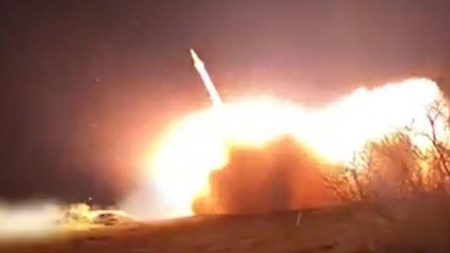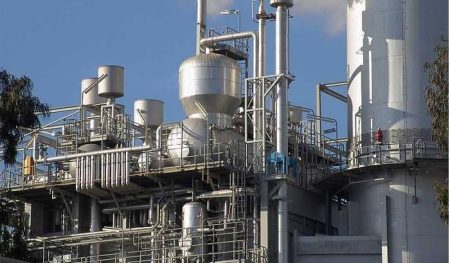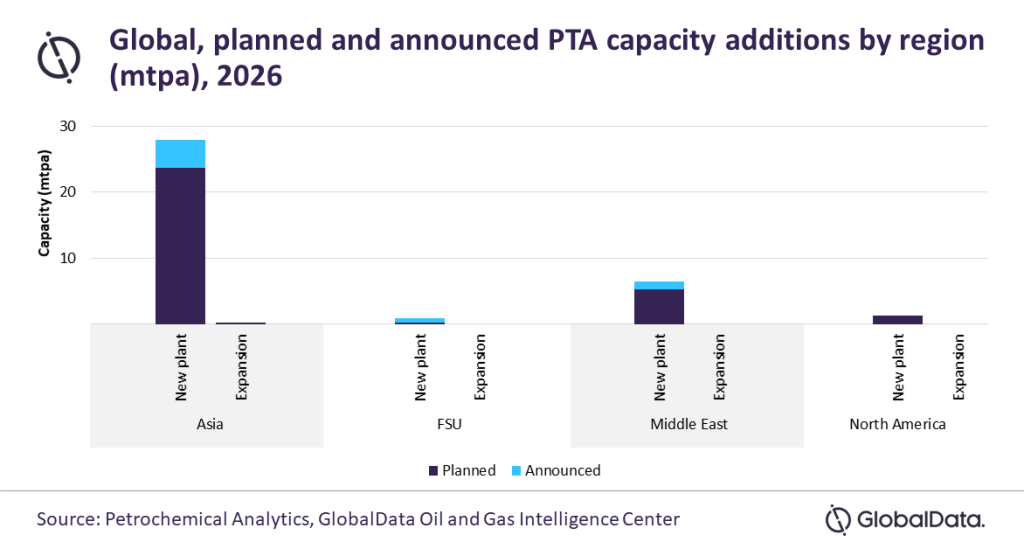 23 April 2013, Lagos – Petroleum Products Pricing Regulatory Agency, PPPRA, is set to publish a list of accredited international companies that supply Nigeria with refined petroleum products, as part of ongoing measures to sanitise and streamline downstream operations.
23 April 2013, Lagos – Petroleum Products Pricing Regulatory Agency, PPPRA, is set to publish a list of accredited international companies that supply Nigeria with refined petroleum products, as part of ongoing measures to sanitise and streamline downstream operations.
The list, which has been compiled and awaiting ministerial approval, may contain about 20 companies comprising both local and foreign companies, which either lift crude or supply refined products.
Accordingly, all marketers or trading companies wishing to import refined petroleum products under the Petroleum Support Fund, PSF, are expected to do so through the accredited companies for proper documentation and reimbursement.
Confirming the development in Lagos, yesterday, the Executive Secretary, PPPRA, Mr. Reginald Stanley, who could not confirm the exact number of participants, as it was still awaiting approval and therefore, subject to change, however, threatened to sanction any supplier who slips from the code of conduct upon the publication of the list.
Among the companies that would likely make the list are Trafigura Beheer BV, Vitol Group, Glencore International, Talaveras Group, Santana Oil, all which have been Nigeria’s trading partners over the years, while the local companies may include Sahara Group, Oando Group, and a host of many others.
Reginald said the accreditation is meant to not only ensure accountability in products distribution, but also to hold the companies responsible for any malpractice in the course of their operations in the country.
He said, “This is actually to ensure that these marketers actually exist. As soon as we get the approval, PPPRA will not pay any marketer that refuses to patronise the approved international oil suppliers. We want our marketers to be dealing with international companies that are credible.”
He explained that the move became necessary following the corruption that engulfed the PSF through almost N3trillion were paid to marketers in 2011, many of whom were phantom operators.
Through the PSF scheme, marketers were reimbursed with subsidy for the price differentials between the landing cost and the pump prices of regulated products, but the abuse of the system as uncovered by various subsidy probes instituted by government in 2012, called the need for a re-assessment of the scheme pending the full deregulation of the downstream sector.
The PPPRA boss also said that upon approval, the participants would be read the riot act, stipulating the Code of Conduct, adding that the Agency expected all marketers in the country to comply with the directives or be delisted.
According to him, “We had a long list of suppliers, and by the time we whittled them down, using very stringent criteria, we came to an acceptable number, which would not be more than 20 companies.”
He added that apart from being accredited, the companies will also sign a bond that would hold them accountable for any misdeed.
Stanley further disclosed that the international suppliers and local banks financing the marketers have been notified that they will be held accountable for any discrepancy discovered in the course of the operations. “Hence the suppliers are required to confirm independently to PPPRA, the quantity supplied to each marketer. Once you are told you cannot perform, immediately you and your company will be delisted.”
Crashing subsidy payments
Stanley envisaged that the accreditation of suppliers will further crash the cost of subsidy paid by the Federal Go0vernment, noting that subsidy fell from N2.9trillion in 2011 to a little over N1trillion in 2012 and attributed the fall to the followings:
Pump price increase of petrol from N65 to N95 per litre
Fall in volume by 23 percent from 60 million litres per day to 40 million/L/d
Pruning of the number of products importers by 67 percent from 128 to 38 companies
Specifically, he said, “In terms of quantity, the average daily provisional Premium Motor Spirit (PMS) supply of 38.298 million per day was recorded as at March 2013. This is 36.41 per cent lower than the PMS daily supply of 60.259 million litres per day for the year 2011.”
Stanley added that the agency has also introduced the 3-3-2 structure used by independent inspectors to validate vessel arrival, discharge of products into shore tanks and truck-out from the storage depots that received from the vessel.
Furthermore, he said these have enhanced the Nigerian Content initiative of the Federal Government by encouraging indigenous participation through the ownership of the downstream facilities. There has also been stability in the supply and distribution of petroleum products across the country, thereby bringing an end to the perennial queues.
He said that the agency has also ban cargo from storage tanks in West African coasts except from refineries to eliminate round tripping.
He stated: “We now also require banks to validate sales with bank statements for 3rd party discharge. We also engage in pre-qualification of suppliers to ensure that only credible and professional suppliers engage in the business.
“We have also introduce and ensure the enforcement of the submission of letter of credit, Form M, proforma invoice, certificate of origin of the cargo, Bill of Lading of the Mother Vessel, certificate of quantity of the Mother Vessel, On-board Arrival Quantity, Remain on Board Quantity after each ship-to-ship transfer, final Remain on Board or Empty Tank Certificate of Mother Vessel.”
*Clara Nwachukwu, Vanguard
In addition, the Agency introduced the traders/suppliers initiative in the form of a technical audit of suppliers of Premium Motor Spirit into the Nigerian market, which is expected to take off in the first quarter of 2013. “Under the initiative, only pre-qualified traders will be allowed to supply products to the Nigerian market.”



